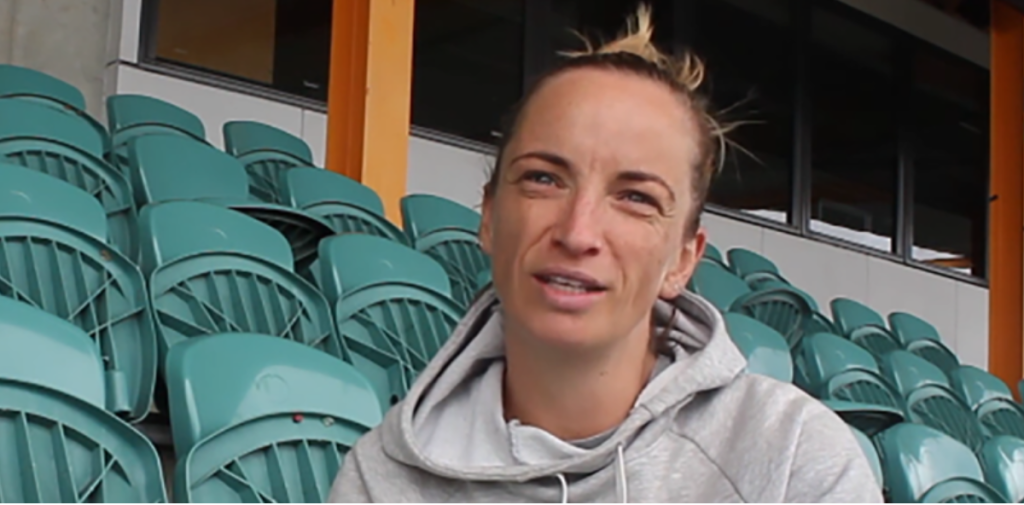In a notable matchup at the FIFA Women’s World Cup Group A, New Zealand faced a tough challenge from Nigeria, ultimately ending in a 4-1 defeat for the Young Football Ferns. Despite the loss, New Zealand’s coach, Alana Gunn, emphasized the significance of their sole goal, scored by Hannah Saxon, describing it as an “awesome achievement” for the team. This sentiment highlighted not only the importance of scoring in the context of competitive play but also reflected the emotional weight of individual moments in sport. The match took place at the Cibao Stadium in Santiago de los Caballeros, Dominican Republic, where initial lapses in New Zealand’s defense allowed Nigeria to establish a commanding lead early on.
The Nigerian team displayed remarkable prowess, scoring three goals within the first thirty minutes. Shakirat Moshood opened the scoring, followed by Khadijat Adegoke, whose long-range attempt caught the New Zealand goalkeeper, Brooke Neary, off guard. Faridat Abdulwahab added the third with a powerful shot, demonstrating Nigeria’s attacking threats and ability to capitalize on defensive vulnerabilities. These early goals not only set the tone for the match but also reflected Nigeria’s aggressive style of play. The Young Football Ferns struggled to keep pace, as they found themselves on the back foot from the onset, grappling with defensive organization.
Taiwo Afolabi, the standout player of the match and noted Woman of the Match, dominated the midfield, showcasing her skills and leadership on the pitch. Her performance reached a peak early in the second half when she scored Nigeria’s fourth goal, cleverly converting a header to further solidify Nigeria’s position. This moment displayed not only her talent but also Nigeria’s overall team coordination and strategy. In contrast, New Zealand continued to face significant challenges in their defensive structure, which ultimately hampered their ability to contest Nigeria’s control and momentum in the match.
Despite the defeat, New Zealand found solace in their single goal, which Gunn expressed pride in, particularly for Saxon, highlighting the personal achievement in what can be a demanding tournament setting. For the Young Football Ferns, creating positives from such experiences is vital, especially for developing players who will cherish such moments in the future. The encouragement from the coaching staff serves as a reminder of the importance of resilience and learning from losses, allowing the team to focus on upcoming challenges with renewed motivation.
On the Nigerian side, coach Bankole Olowookere reflected positively on the outcome of the match, labeling their performance as a good start to the tournament. He acknowledged the significance of scoring four goals while only conceding one, marking a promising beginning for the Flamingos. With eyes set on their next match against Ecuador, Olowookere’s approach emphasizes taking each game as it comes, laying groundwork for further success in the competition. His experience as a longstanding coach with the team instills confidence in their capabilities as they move forward in the tournament.
Looking ahead, Nigeria aims to secure a place in the knockout stages, with critical matches against Ecuador and the Dominican Republic on the horizon. Historically, Nigeria’s women’s team has been a consistent competitor in the FIFA Women’s World Cup since its inception in 2008, achieving significant milestones including quarterfinal appearances in multiple editions. Their groundbreaking advancement to the semifinals in the last tournament after defeating the USA marks a significant chapter in their journey, and the team appears determined to continue building on that legacy in the current competition. As the teams prepare to face their next challenges, the dynamics of the group stage will play a crucial role in shaping the tournament’s outcomes.


